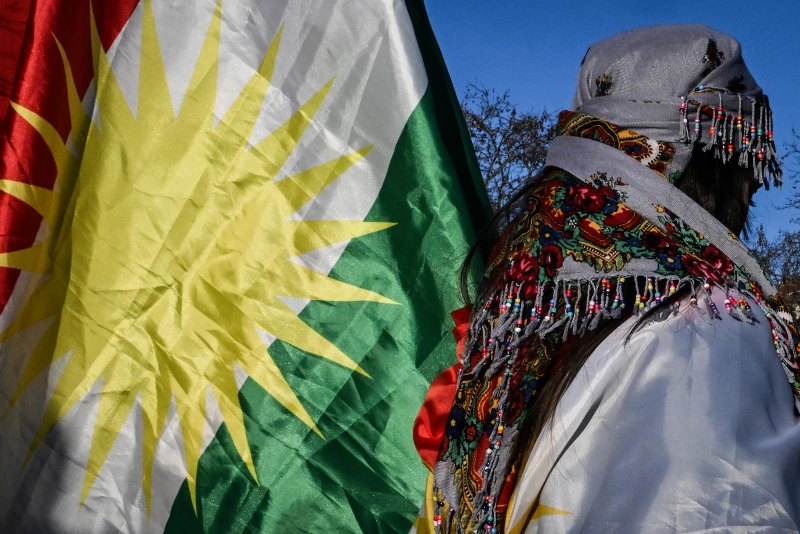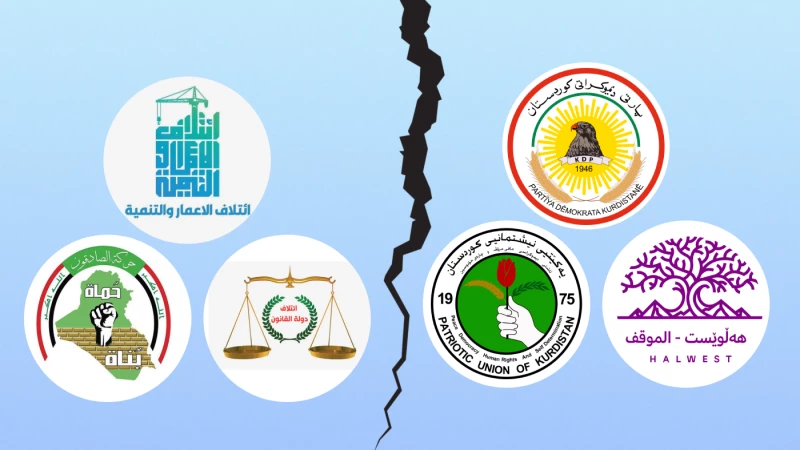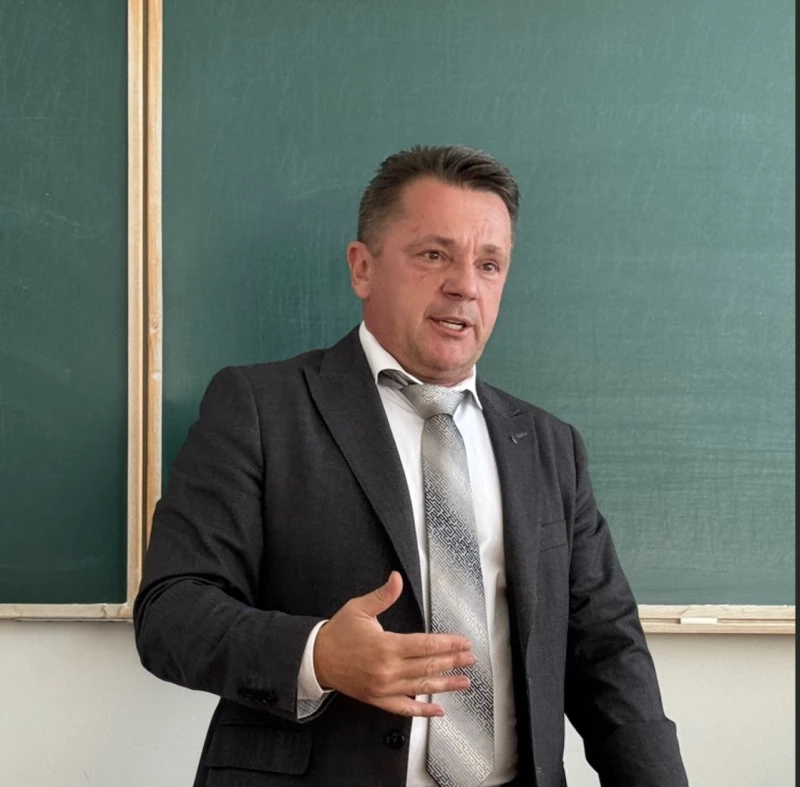One of the main victims of war is the natural environment. Cities, houses and streets may get destroyed in a conflict, but they often get rebuilt and traces of destruction may disappear.
What is almost always overlooked and damaged even further postconflict, however, is the environment. Bombs and ammunition contaminate the land for centuries. They destroy animal habitat and pollute rivers and sources of water. Landmines make some of the most vital natural habitats uninhabitable.
These are the long-term environmental consequences of war which the Kurdistan Region and Iraq as a whole have been dealing with for years. Wildlife has declined across the country. Polluted rivers threaten aquatic life. Thousands of hectares of forests have been lost to fires or logging owing to economic hardship while illegal hunting has brought the few rare animals left to the brink of total disappearance.
What is tragic is that the reconstruction that often follows a war is often done at the expense of the environment. The urge for rebuilding overshadows everything else. Housing, city expansions and infrastructure projects encroach upon agricultural land, animal habitat and the ecosystem as a whole. Development, likewise, is sought without much concern for the environment. Air, light and noise pollution are some of the direct consequences of this fast rebuilding process.
But all of that could be achieved in harmony with the environment. Science and technology are now at a point where you can rebuild, develop and grow without affecting the natural world around you. In fact, there is so much data and knowledge out there these days that every step we take could help the environment instead of damaging it.
Rebuilding in an eco-friendly way, reusing old materials, creating a circular green economy, switching to clean energy and increasing public transportation are the new and necessary way forward.
In the beginning, these steps and standards could be challenging for a country or a people that have just come out of war. However, the economic benefits of protecting the environment and green investment are far greater than the conventional way of doing business.
When it comes to carbon emissions and industrial pollution, smaller and lesser developed countries cannot be compared to the giants of the industrialized world. These industrial giants have been behind damage to the ozone layer, plastic pollution in the oceans, melting of glaciers and rises in temperature for a century and a half. Therefore, it is not fair to ask developing countries to roll up their sleeves and act on demand. The idea of climate justice is to recognize the unequal impact of climate change on countries and communities that are least responsible for it.
Having said that, however, the effects of climate change are global and no country or community can escape them. We may not be big contributors to climate change as a country, but every person could contribute to environmental degradation and habitat loss at a local level. These are things that the people of a country or a specific community could be responsible for.
In the Kurdistan Region of Iraq, there is a degree of awareness among common people and government officials alike on this issue. Almost every sector recognizes its duties towards the natural environment. The government and the parliament have issued decrees and legislation regarding emissions, illegal hunting and deforestation. Small-scale tree planting takes place yearround, certain areas are considered protected due to the presence of wildlife and fauna, and clear penalties have been established for violators.
However, considering the years of war and environmental damage this country has seen, a lot more needs to be done and the environment should be the top priority for decades to come.

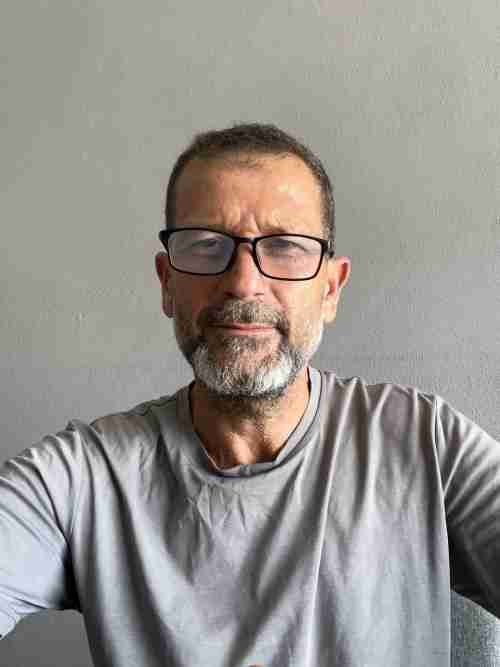
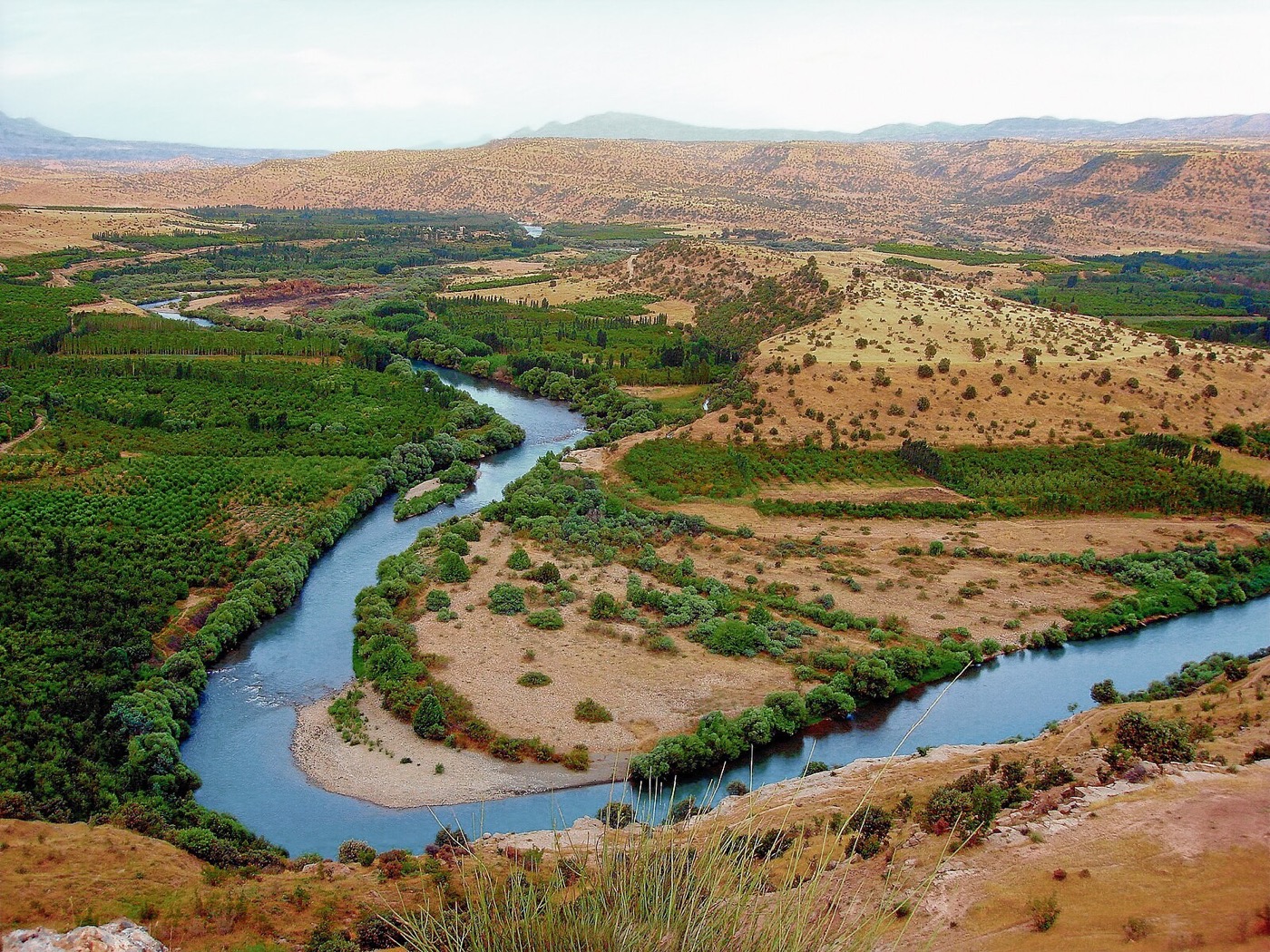
 Facebook
Facebook
 LinkedIn
LinkedIn
 Telegram
Telegram
 X
X
